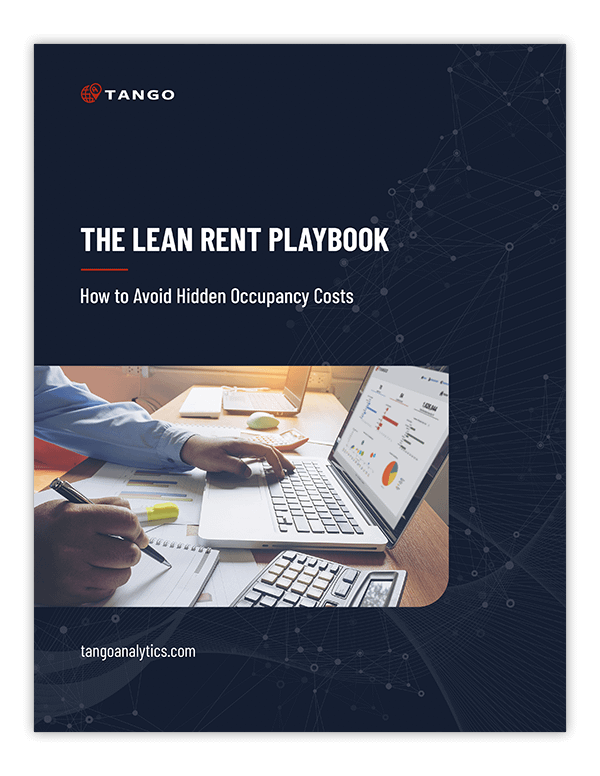Lease renewal clauses give your business a window of opportunity to perpetuate the arrangement you currently have with a landlord. Usually, you get similar terms and lower rent than what you’d pay if you had to start negotiations from scratch. Your landlord gets to lock in another lease period with a quality tenant (so they don’t have to go through the costly process of finding another), and you get to stay at a profitable location.
Whether you’re a global restaurant business with thousands of locations or a local grocery chain with less than a dozen, lease renewals are an opportunity you don’t want to miss. But unfortunately, it happens all the time. While renewal clauses can be highly beneficial, they can actually hurt you, too.
Missing your lease renewal date can seriously cost you
Renewal clauses give you a set date to renew your lease by. As your deadline for renewal gets closer, you have to get your documents in order on time, or two things can happen:
- Your landlord can increase your rent and change the terms of your lease
- Your landlord can evict you and find a new tenant
Either your occupancy costs go up, or you lose revenue and your location.
Evictions are rare, but they do happen. It costs your landlord time and missed rent to find a new tenant, but if you’ve had a difficult relationship or your location is in high demand, they may use the opportunity to kick you out. This is the worst possible scenario for you, as it means losing all the revenue the location would’ve generated and scrambling to relocate your store. It can easily cost you millions of dollars.
More often, missing renewal deadlines simply means your landlord will increase your rent costs, and you’ll have to start negotiations from square one. They may have been lenient and given you favorable terms in the past, but when you miss a renewal, you lose significant leverage.
It’s not uncommon for companies to pay upwards of $100,000 per year in additional rent costs due to missed renewal windows. That’s why large businesses task their lease administrators with manually monitoring them. Which is another problem.
Manually monitoring renewal schedules takes time and money
Real estate represents one of your largest operating expenses every year. So it’s no wonder large organizations have entire teams and departments dedicated to managing leases, reporting on their portfolios, and looking for cost-saving opportunities. But often, lease administrators are tasked with creating and manually monitoring lease renewal schedules.
It’s certainly an important task—you can’t afford to miss your renewal windows—but it’s not the best use of your administrators’ time. Especially when you can automate it. Tango’s lease administration and accounting software automatically generates lease renewal schedules based on your renewal clauses then alerts your team as key dates approach. You won’t miss your opportunity to renew, and you don’t need to dedicate resources to manually monitoring dates.
The larger your portfolio, the more valuable this capability becomes.
Renewing might mean missing a better opportunity
When you have a profitable location coming up for renewal, it’s tempting to think, “If it ain’t broke, don’t fix it.” The impending deadline puts pressure on you to secure better rent and terms and avoid the cost of finding a new site. But in retail, there’s an opportunity cost every time you commit to a location—even if it’s a location you’ve already established.
Sure, relocating to a new site comes with a lot of upfront costs, including construction. But real estate is a long game. Every time a lease period comes to an end, you need to re-evaluate the opportunity and gauge whether you’re still in the best location.
There could be a better trade area with lower real estate prices nearby. Perhaps a major employer in your current trade area is relocating or closing. Maybe the city is choosing to develop another part of town, shifting the traffic flow and demand away from your store.
Even with a profitable location, renewing your lease isn’t always the best choice. So it’s important to weigh your options and revisit your location strategy before recommitting.
Discover more hidden occupancy costs
Occupancy costs are a massive operating expense. But most businesses don’t realize they’re paying more than they have to. In our free ebook, The Lean Rent Playbook, you’ll learn about the main ways retailers and other corporations get stuck overpaying on lease-related expenses every year, plus how to ensure it doesn’t happen to you.
